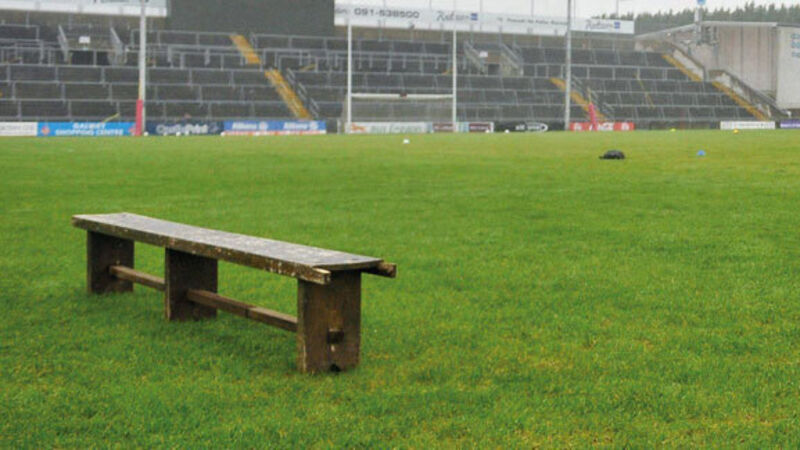A frozen heartbeat from half a century away

Who decides where to stand? Who decides they want to sit?
Why do some players stand out on the edge while others prefer the middle?
Try from €1.50 / week
SUBSCRIBEWho decides where to stand? Who decides they want to sit?
Why do some players stand out on the edge while others prefer the middle?
Already a subscriber? Sign in
You have reached your article limit.
Annual €130 €80
Best value
Monthly €12€6 / month
Introductory offers for new customers. Annual billed once for first year. Renews at €130. Monthly initial discount (first 3 months) billed monthly, then €12 a month. Ts&Cs apply.
Newsletter
Latest news from the world of sport, along with the best in opinion from our outstanding team of sports writers. and reporters
Newsletter
Latest news from the world of sport, along with the best in opinion from our outstanding team of sports writers. and reporters
Tuesday, February 10, 2026 - 12:00 PM
Tuesday, February 10, 2026 - 8:00 PM
Tuesday, February 10, 2026 - 7:00 PM
© Examiner Echo Group Limited